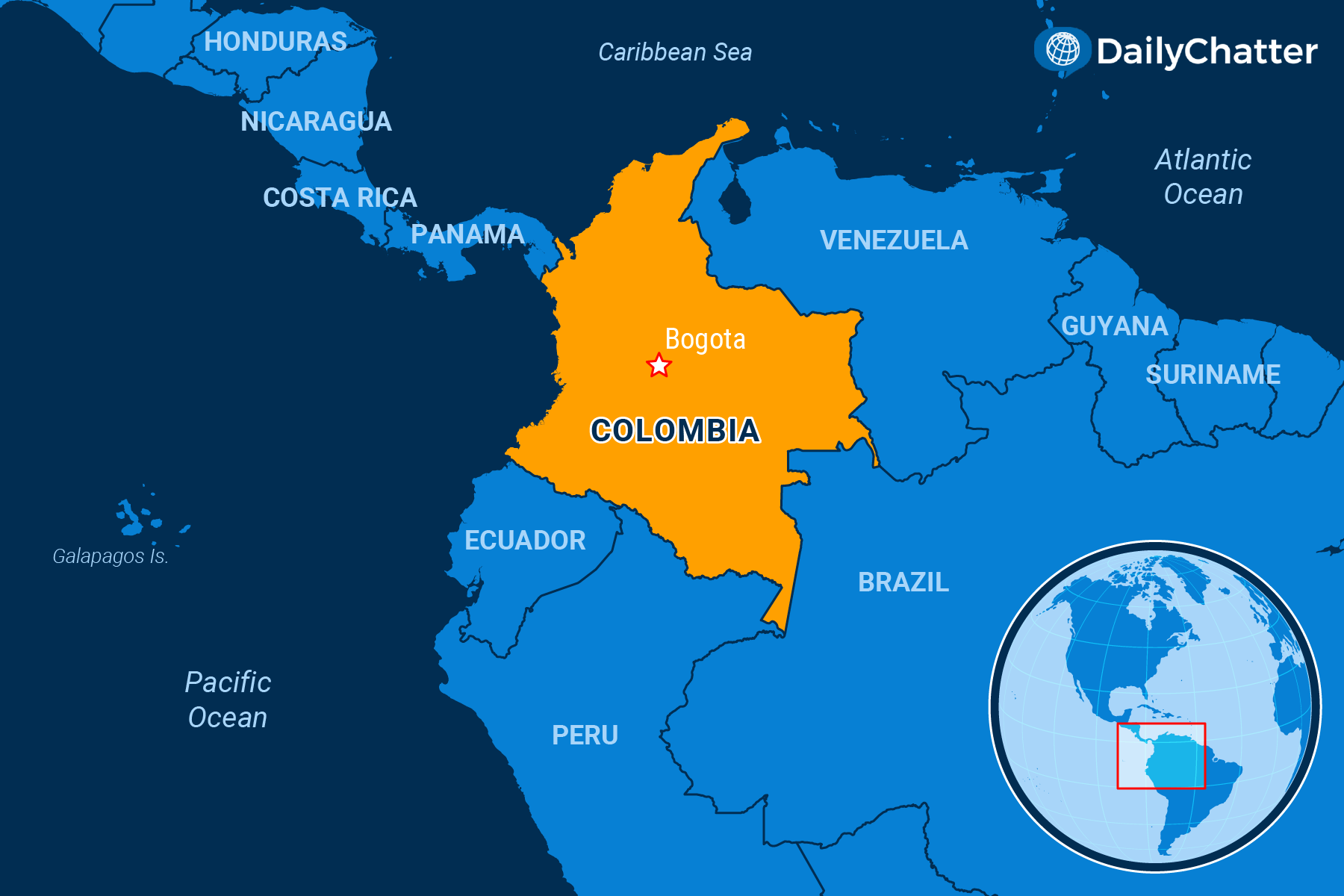Petro-fied
COLOMBIA

The president-elect of Colombia, Gustavo Petro, was in jail when his leftist guerilla movement, M-19, stormed the Palace of Justice in the South American country’s capital, Bogotá, in 1985. They launched the attack with the financial backing of drug lord Pablo Escobar in hopes of compelling the justices to charge the country’s leadership with violating a ceasefire with them. Files associated with a criminal case against Escobar happened to be destroyed in a fire.
As Insider explained, M-19 members later put down their arms and became a political party, heralding a larger peace agreement between the Colombian government and another leftwing militant group, the Revolutionary Armed Forces of Colombia (FARC) in 2016.
M-19 and FARC sought to redistribute resources in the country from elites to the impoverished masses, including farmers and poor city dwellers, according to a Council on Foreign Relations backgrounder. Landowners then allied with the state to create paramilitary groups to protect their property. The drug trade added money and violence to the fire.
Now, winning recently on a platform of using the government to improve the lots of “black and Indigenous people, the poor and the young,” as Agence France-Presse wrote, Petro is expected to kick off leftwing reforms and changes that will alter the government of the traditionally conservative US ally.
“For the first time, a man who doesn’t belong to the elite, who’s not from the traditional parties, who’s not from the same old families, will be president,” former M-19 militant Darío Villamizar, who has known Petro for years, told the Financial Times. “That’s the great importance of this moment.”
Petro’s rise to power is not a unique phenomenon. He is perhaps the best example of the “pink wave” of leftist governments that have come to power in recent years, the Irish Times reported.
That’s even though President Iván Duque did a good job in office, observers say, doing well to combat Covid-19 and dealing with the economic collapse of neighboring Venezuela.
Still, Petro has been described as personally difficult. Writing in the Atlantic, David Frum noted that, in addition to attending Hugo Chávez’s funeral, Petro was intolerant of disagreement or dissent. And many in the country and outside – such as political leaders and business folks in the US, for example, worry about the changes his administration will bring.
On the other hand, the Guardian editorial board saw Petro as the best chance for Colombia to wean itself off unstable and unsustainable coffee, oil and gas exports. Elites gain from those industries but the rest of the country is arguably not receiving adequate benefits from them, they argued.
The president-elect has a chance to succeed or fail. Hopefully, in the future, he’ll be judged on that alone.
No comments:
Post a Comment